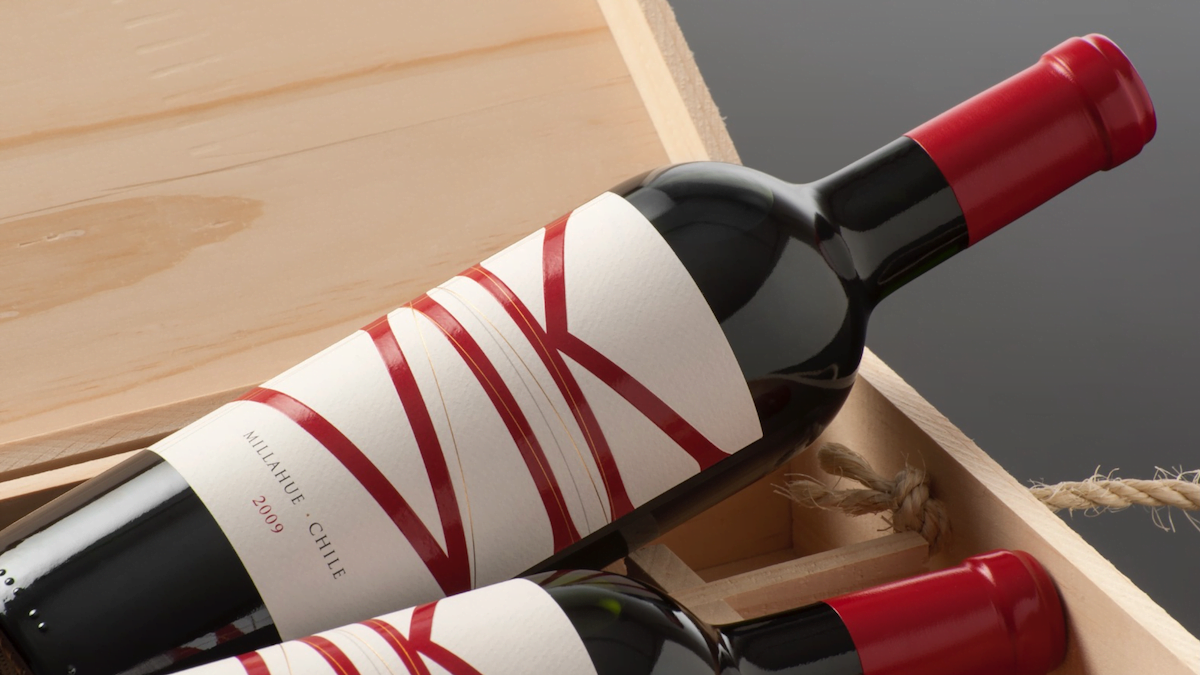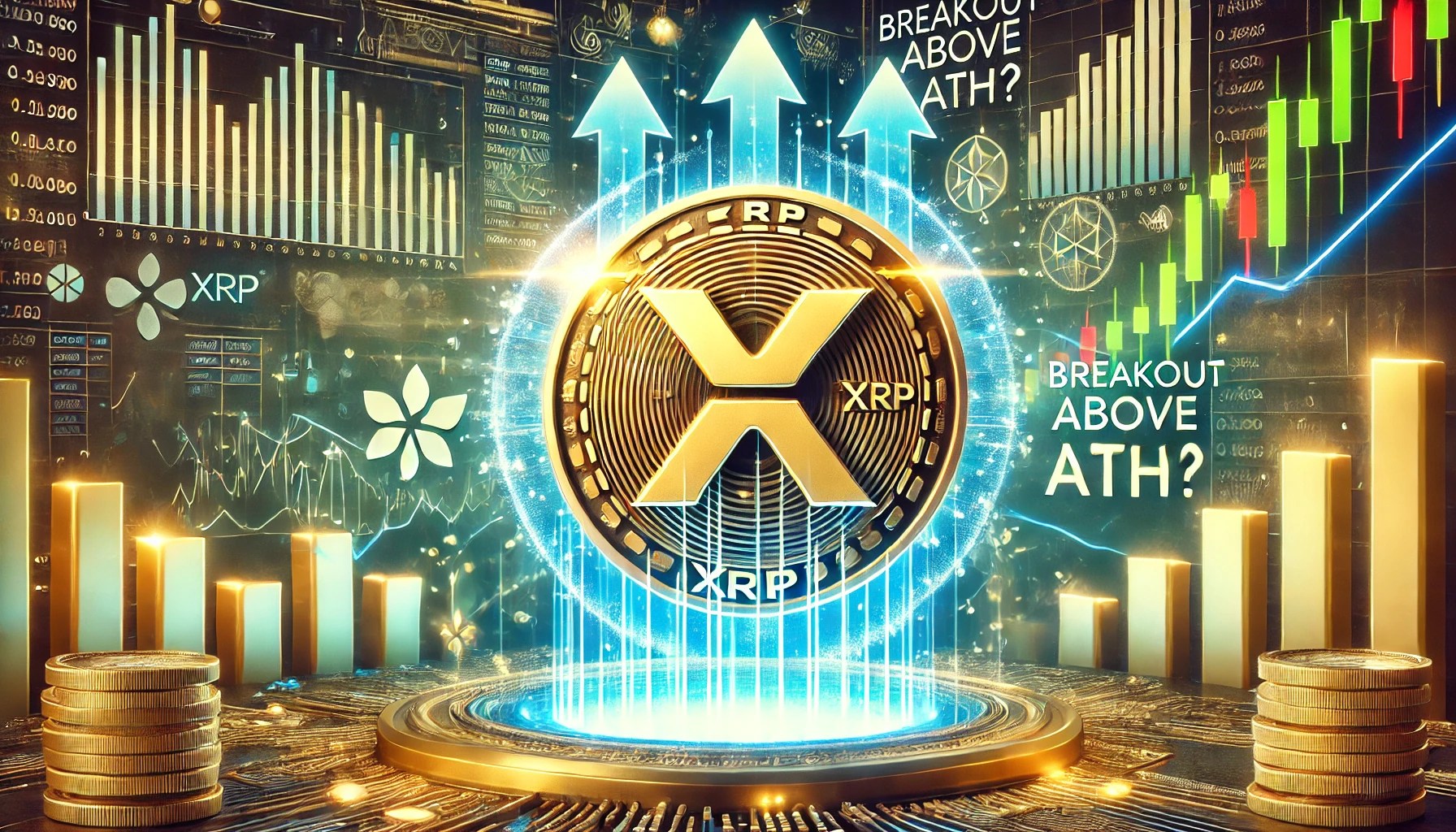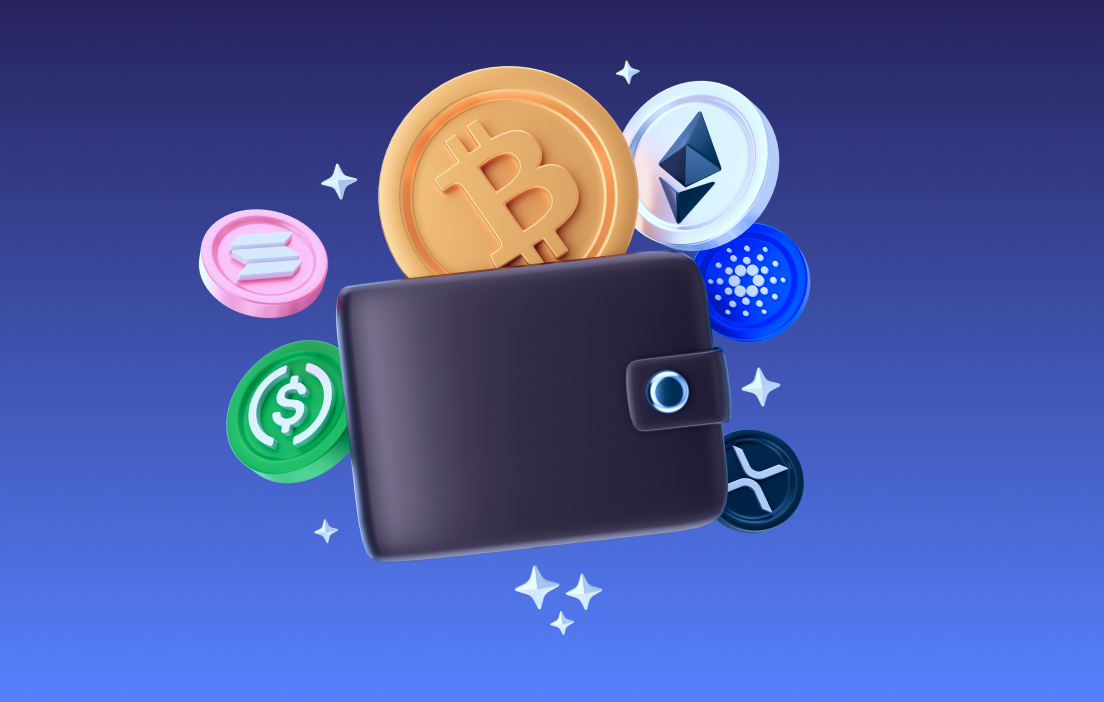The digital world continues to mesh with our physical realities, and nowhere is this more apparent than in the rise of NFTs across industries. From art and music to sports and alcohol, NFTs are creating a buzz. The alcohol industry, particularly, is witnessing an intersection of technology and tradition as bottles get tokenized to ensure authenticity and offer unique rewards.
VIK Winery: Pioneering Wine NFTs in Chile
One player in this innovative charge is VIK, the first winery in Chile to tokenize its produce. Upon purchasing the VIK NFT, owners have the dual benefit of trading their digital asset or redeeming it to acquire the physical item – in this case, the sought-after double magnum of VIK 2018. One compelling aspect of these wine NFTs is the traceability provided by the digital token, granting the buyer complete transparency on the wine’s whereabouts. VIK was honored as the top Chilean winery on the “World’s Best Vineyards 2023” list and secured third place among the global top 50 wineries.
However, the true appeal lies in the unique digital signature each NFT possesses. This authenticity boosts the product’s appeal in markets where collectable value is paramount, such as fine wine. Buyers who invest in an NFT receive a unique digital token, an incontrovertible proof of their product ownership, ensuring it remains free from forgery or manipulation.
Storage and Care for Tokenized Wine Bottles
Those wondering about the physical storage of the tokenized double magnums remain in the care of VIK’s vineyard, overseen by Chief Winemaker Cristian Vallejo. From the moment of purchase, these wines receive all the specialized care their cellaring demands until the owner decides to claim them.
The chosen wine for tokenization is VIK’s acclaimed 2018 edition. Amplifying its allure, this limited edition will only be available as an NFT, directly from VIK’s digital platform or for visitors to the Millahue winery. Traditional retail purchase? Not an option. As for the cost, the NFTs cost 175 MATIC, according to their website. Based on current exchange rates, that’s approximately £108.
Trustworthiness of NFTs through Blockchain
Behind every NFT lies the robust structure of blockchain technology. Unlike conventional databases managed by a single authority, blockchains operate through a network of computers, each holding an identical ledger copy. The decentralized nature necessitates network-wide consensus for accepting changes, ensuring added data’s integrity. This robust security has found significant traction in the alcohol domain, as evidenced by the increasing number of blockchain-backed ventures.
The unchanging nature of blockchain technology is what renders NFTs so reliable. The creation of an NFT sees its information, from its origin and ownership history to other essential details, securely stored on the blockchain. This ensures the NFT’s distinctness, its provenance traceable with unwavering certainty, bestowing an unparalleled level of authenticity.
As we observe the intriguing blend of the time-honoured tradition of winemaking with cutting-edge technology, it’s evident that the Web3 wave is gaining momentum. With ventures like VIK’s tokenized bottles, adopting Web3 concepts is accelerating, reshaping industries and how we perceive value and authenticity. As the digital and physical realms continue to intertwine, the possibilities seem as limitless as they are exciting.
The post Tokenizing Wine: Chile’s VIK Takes the NFT Approach appeared first on NFT News Today.
Credit: Source link














































